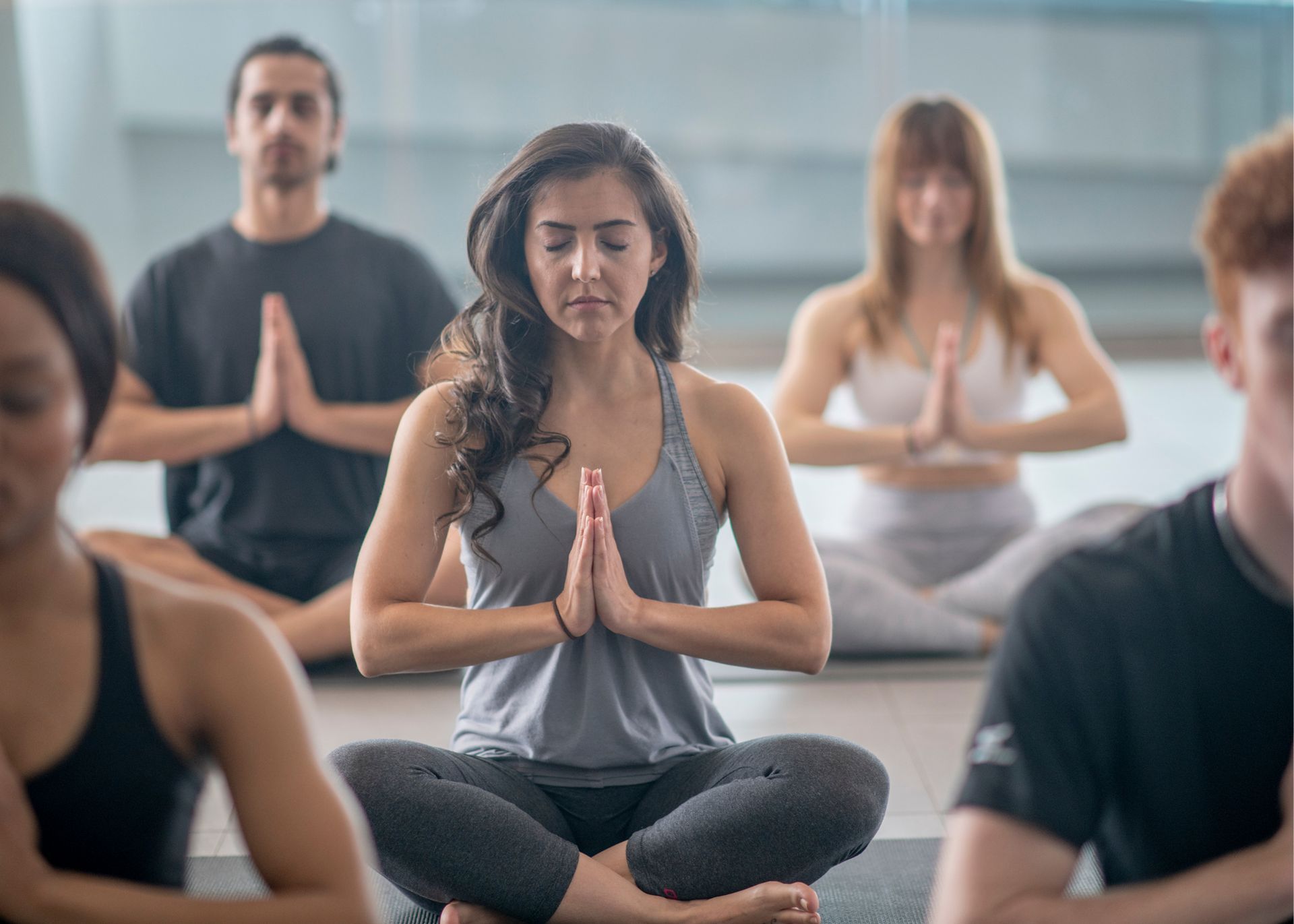It’s Impossible to Know Anyone Else’s Yoga Journey
I became aware – during a recent yoga class I was attending – of a student practicing behind me who spent the first twenty minutes of the class in child’s pose. In every pose the rest of the class was doing which allowed me to look behind me at her, I noticed she was adopting yet another “tamasic” pose (at one point, she was resting with her legs up the wall, and towards the end of the class, she was curled up facing the wall in a full-on fetal position.
Yoga teachers have mentioned to me that it’s actually a little disconcerting when a student completely abandons their lesson and does their own thing. Yes, it’s our own practice; but one comes to class to benefit from the teacher’s instruction and to go on the journey collectively with the rest of the class.
At first I thought: “Why bother to even come to class? Why not do it from home?”
And then it occurred to me.
I have no idea what kind of day she’s had. Maybe she’s jetlagged. Traumatized by a breakup. Maybe she just got fired. Having grand-mal cramps. And yoga class is her “go-to” refuge to feel better. I simply don’t know what her journey was to get her here. And I shouldn’t judge her.
That point was brought home a few years ago, when the studio at which I practice was burglarized (sadly, not the first or last time this happened.) My gut reaction was disbelief (what do we have to steal? Some nice candleholders with remote-control votives? Some yoga mats?) and then anger at our sacred space being desecrated. A yoga teacher at the desk had a different perspective on the robbery: “They must be having a really difficult time to break into a business, especially with so little to take.” She wasn’t wrong. It was a completely fresh way to look at it. Yes, a crime had been committed, and the studio was on the hook for yet another pane of glass to be replaced on their door. But we may never know the circumstances which led up to that moment to the glass shattering. The fact that we can’t imagine doing that crime just reinforces that someone else is going through something we can’t even comprehend.
For the student who seems to be “striving” and even showing off a little to the rest of the class about how intermediate they are: there might be something deeply psychologically rooted in them that we may never know, which causes them to see their practice as more exhibitionism and theatre than a personal practice. (Same goes for someone who may not be able to much – if any – of the poses to their fullest expression. They’re likely struggling with an injury or physical limitation which had them fully rooted to where they are.) Both scenarios deserve our compassion and openness that they’re on a journey we’re not on.
We practice collectively; we arrive at the studio and lay our mats down in a (relatively) systematic way, and we embark on the same class which ends at the same time. But we’re all on a different trajectory; we’re there for different reasons, and a completely unique set of circumstances got us there.










